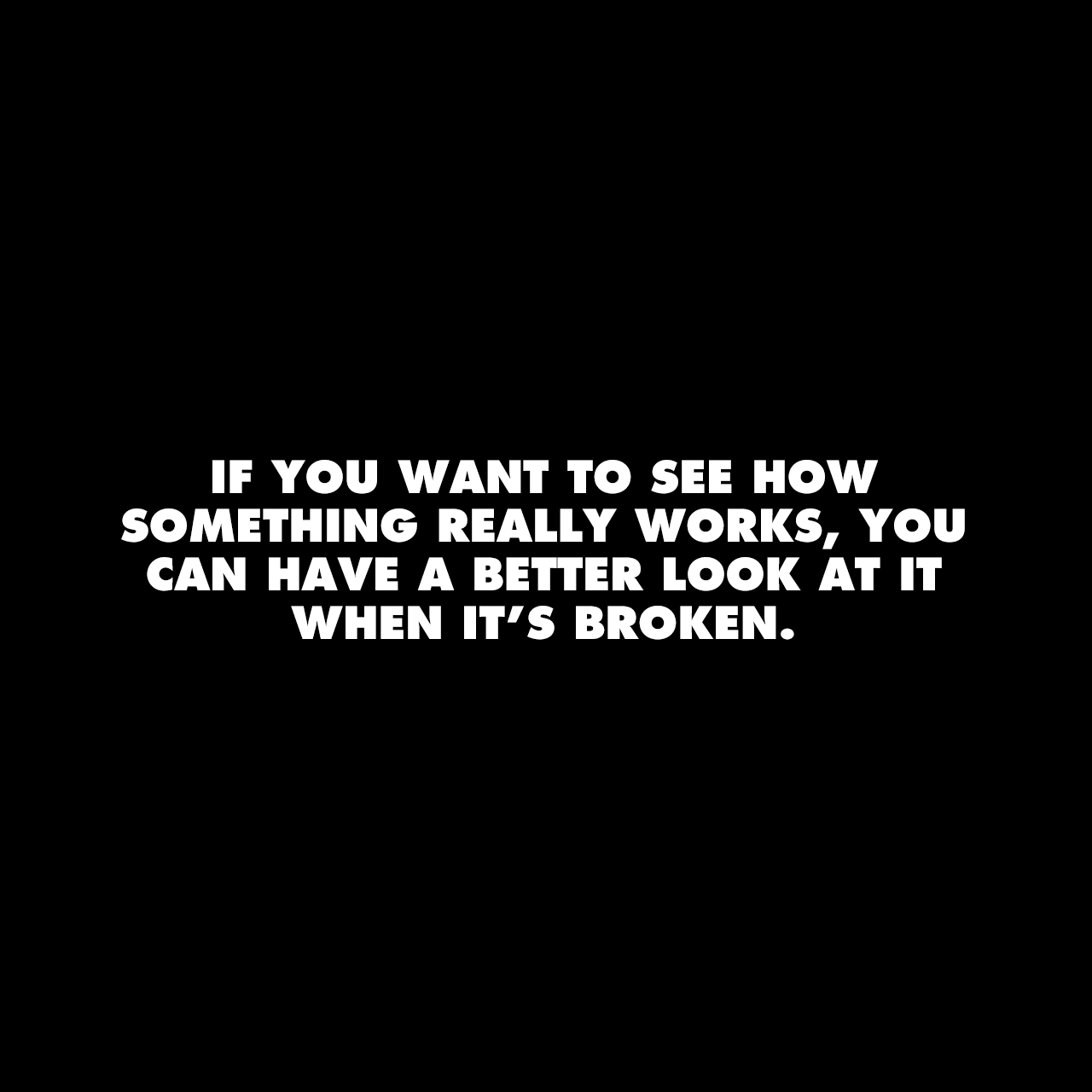Stop Whining
Tim Urban on why Gen Y Protagonists & Special Yuppies (aka, ‘GYPSYs’) are unhappy, whining little bitches:
After graduating from being insufferable hippies, Lucy’s parents embarked on their careers. As the 70s, 80s, and 90s rolled along, the world entered a time of unprecedented economic prosperity. Lucy’s parents did even better than they expected to. This left them feeling gratified and optimistic.
With a smoother, more positive life experience than that of their own parents, Lucy’s parents raised Lucy with a sense of optimism and unbounded possibility. And they weren’t alone. Baby Boomers all around the country and world told their Gen Y kids that they could be whatever they wanted to be, instilling the special protagonist identity deep within their psyches.
This left GYPSYs feeling tremendously hopeful about their careers, to the point where their parents’ goals of a green lawn of secure prosperity didn’t really do it for them. A GYPSY-worthy lawn has flowers.
Urban targets Gen Y as people born between the late 70s and mid 90s. I say the behavior he’s describing relates most to the those born in the ’90s (aka, ‘Millenials’). I was born in 1977 and most of the people my age I know locked down careers right before shit got rocky for the kids entering the workforce in the ’00s and ’10s.
Then there’s social media world taunting the GYPSYs:
Social media creates a world for Lucy where A) what everyone else is doing is very out in the open, B) most people present an inflated version of their own existence, and C) the people who chime in the most about their careers are usually those whose careers (or relationships) are going the best, while struggling people tend not to broadcast their situation. This leaves Lucy feeling, incorrectly, like everyone else is doing really well, only adding to her misery.
He’s absolutely right. If you’re going use social media, use it in small doses or it’s like having too many beers.


